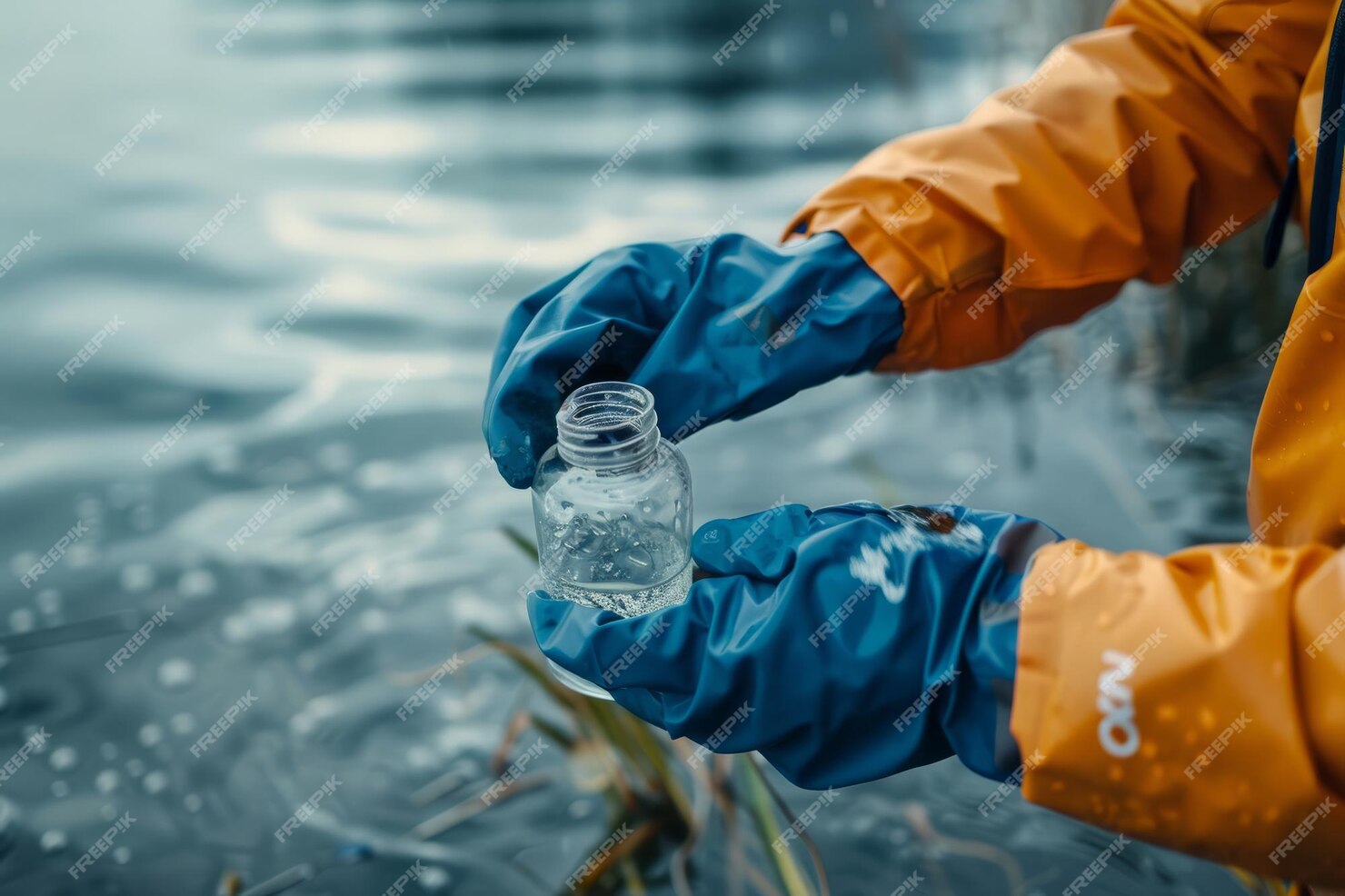Pioneering Research in Water Pollution Mitigation
Odunola Odofin, a Nigerian environmental researcher based in the United States, is making waves on the global stage with her groundbreaking work in addressing water pollution. Her focus lies in developing sustainable and cost-effective scientific solutions that can make clean water more accessible to communities in need.
In a recent statement, Odofin emphasized the importance of translating scientific research into practical tools. “Science must translate into actionable tools,” she said. “If my work helps communities in Nigeria and elsewhere access clean water and protect environmental health, then the research has fulfilled its purpose.”
Based at the University of North Dakota, Dr. Odofin is exploring innovative biological methods to degrade harmful chemicals known as “forever chemicals.” These substances, formally called per- and polyfluoroalkyl substances (PFAS), are linked to serious health issues such as cancer, liver damage, and immune system disruption. PFAS are commonly found in industrial and consumer products like firefighting foams, non-stick cookware, and food packaging, making them a growing concern for both the environment and public health.
Conventional treatment methods for PFAS, such as incineration or advanced oxidation, are often expensive and energy-intensive. This makes them inaccessible for low-resource communities. Dr. Odofin’s research aims to address this gap by investigating the potential of microalgae and enzymes to break down these harmful chemicals under ambient conditions. The goal is to create affordable and sustainable solutions that can be implemented in areas with limited resources.
Her dedication to impactful, community-oriented science has not gone unnoticed. Recently, she was awarded the North Dakota Water Resources Research Institute Fellowship, a competitive grant that supports promising water research. “It was an honour to receive the NDWRRI Fellowship,” she said. “It provides not only financial support but also validation that the work we are doing matters.”
Beyond her work on PFAS biodegradation, Dr. Odofin’s expertise spans advanced materials analysis. She recently received top recognition for her work in defect analysis using 3D optical microscopy. This achievement secured her funding to present her PFAS research at the American Chemical Society National Conference in Washington, D.C., where she will showcase her study titled “Tiny Organisms, Big Impact: Exploring Sustainable PFAS Remediation with Microalgae.”
Despite being based in the United States, Odofin remains deeply connected to her roots in Nigeria. She is working on creating open-access, low-cost protocols that can be adapted for use in rural and peri-urban areas of the country. Her ultimate goal is to bridge the gap between scientific advancements and real-world impact, ensuring that communities without access to well-funded labs can still benefit from cutting-edge research.
Dr. Odofin is also committed to inspiring the next generation of scientists. She actively mentors aspiring scientists and participates in outreach programs aimed at encouraging young women, especially those from underrepresented backgrounds, to pursue careers in science, technology, engineering, and mathematics. “Representation matters,” she said. “When young girls see someone like them succeeding in science, it opens up possibilities they may not have considered.”
Through her innovative research, community engagement, and commitment to education, Dr. Odofin is setting a powerful example of how science can be used to drive meaningful change. Her work not only addresses critical environmental challenges but also highlights the importance of inclusivity and accessibility in scientific progress.







